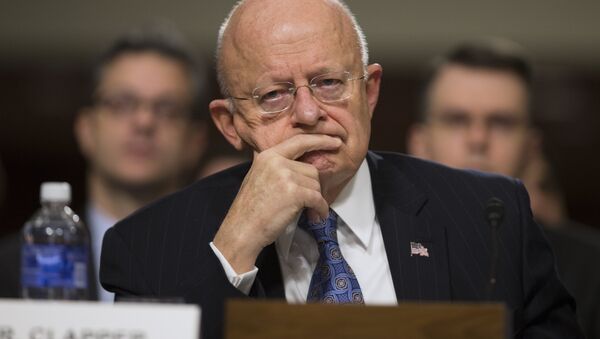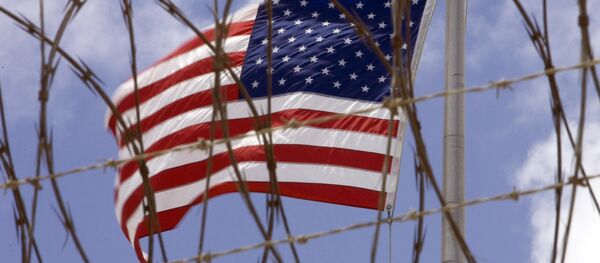"The threat from foreign intelligence entities, both state and non-state, is persistent, complex and evolving, targeting a collection of US political, military, economic and technical information by foreign intelligence services continues unabated. Russia and China pose the greatest threat, followed by Iran and Cuba on a lesser scale," Clapper said.
Despite the fact that the diplomatic ties between the two countries have recently been officially restored, the Cuban intelligence service still considers the US a primary threat to Havana, he added.
The director also stated that the Cuban leadership "will remain focused on preserving political control as they prepare for a probable presidential transition in 2018," and that "economic reforms to reduce the state role in the economy and promote private economic activity will continue at a slow pace" due to "probable resistance from senior leaders and government officials concerned that rapid changes might provoke popular unrest."
In December 2014, US President Barack Obama announced the United States would normalize relations with Cuba. The two countries reopened embassies in their respective capitals last July after more than 50 years of non-engagement and hostilities.
Despite the rapprochement between the two countries, Washington continues to maintain a trade embargo on Havana that is mandated by the US Congress.



